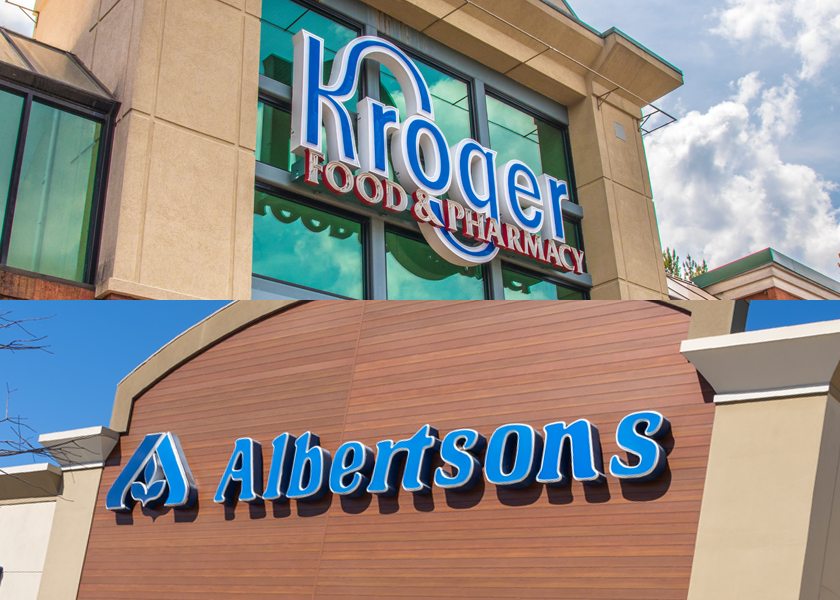
Kroger-Albertsons Merger: A Legal Labyrinth Unveiled
An Overview of the Proposed Merger
The proposed merger between Kroger and Albertsons, two of the largest supermarket chains in the United States, has sent shockwaves through the industry. If approved, the combined entity would create a grocery giant with an estimated $200 billion in annual sales. However, the merger has also raised significant antitrust concerns, prompting scrutiny from both regulators and competitors.
Legal Challenges to the Merger
Several legal challenges have emerged since the merger announcement:
- Federal Trade Commission (FTC): The FTC has expressed concerns that the merger would create a near-monopoly in certain markets, leading to higher prices and reduced competition. The FTC has filed a complaint seeking to block the deal.
- State Attorneys General: A group of state attorneys general, led by California, have also filed a lawsuit seeking to halt the merger, arguing that it would stifle competition and harm consumers.
- Competitors: Walmart and other competitors have expressed concerns that the merger would grant Kroger-Albertsons an unfair advantage and lead to price wars that would ultimately hurt consumers.
Arguments for the Merger
Proponents of the merger argue that it would create:
- Lower Prices: Kroger and Albertsons claim that the merger would enable them to achieve economies of scale, reducing operating costs and passing on savings to consumers.
- Improved Efficiency: The combined entity would have greater purchasing power and be able to negotiate better deals with suppliers, leading to increased efficiency and lower prices.
- Enhanced Innovation: Kroger and Albertsons argue that the merger would foster innovation by combining their resources and expertise.
Antitrust Concerns and Economic Analysis
Antitrust laws are designed to prevent the creation of monopolies and promote competition. The FTC and state attorneys general argue that the Kroger-Albertsons merger would:
- Increase Market Concentration: The combined entity would control a significant market share in many regions, giving it the ability to raise prices and reduce competition.
- Harm Consumers: Higher prices and reduced competition would ultimately hurt consumers by limiting their choices and increasing the cost of groceries.
- Stifle Innovation: With less competition, the merged entity would have less incentive to innovate and improve its offerings.
Economic data supports these concerns:
| Market | Current Market Share | Post-Merger Market Share |
|---|---|---|
| Los Angeles | 25% | 45% |
| Dallas | 27% | 48% |
| Cincinnati | 30% | 55% |
The Road Ahead
The legal challenges to the Kroger-Albertsons merger are expected to be lengthy and complex. The FTC and state attorneys general will need to prove that the merger would substantially lessen competition in relevant markets. Kroger and Albertsons will need to present evidence supporting their claims of cost savings and consumer benefits.
The outcome of the legal proceedings will have significant implications for the grocery industry and consumers. If the merger is blocked, it would preserve competition and prevent the creation of a near-monopoly. However, if the merger is approved, it could reshape the industry and potentially lead to higher prices and reduced choices for consumers.
Conclusion
The Kroger-Albertsons merger is a complex and contentious issue. There are legitimate concerns about antitrust violations and potential harm to consumers. However, there are also potential benefits such as lower prices and increased efficiency.
The legal challenges to the merger will likely take months, if not years, to resolve. The outcome will have a significant impact on the grocery industry and the lives of millions of American consumers. As the legal process unfolds, it is important to critically examine the arguments from all sides and engage in a thoughtful debate about the merits and potential consequences of this proposed merger.
